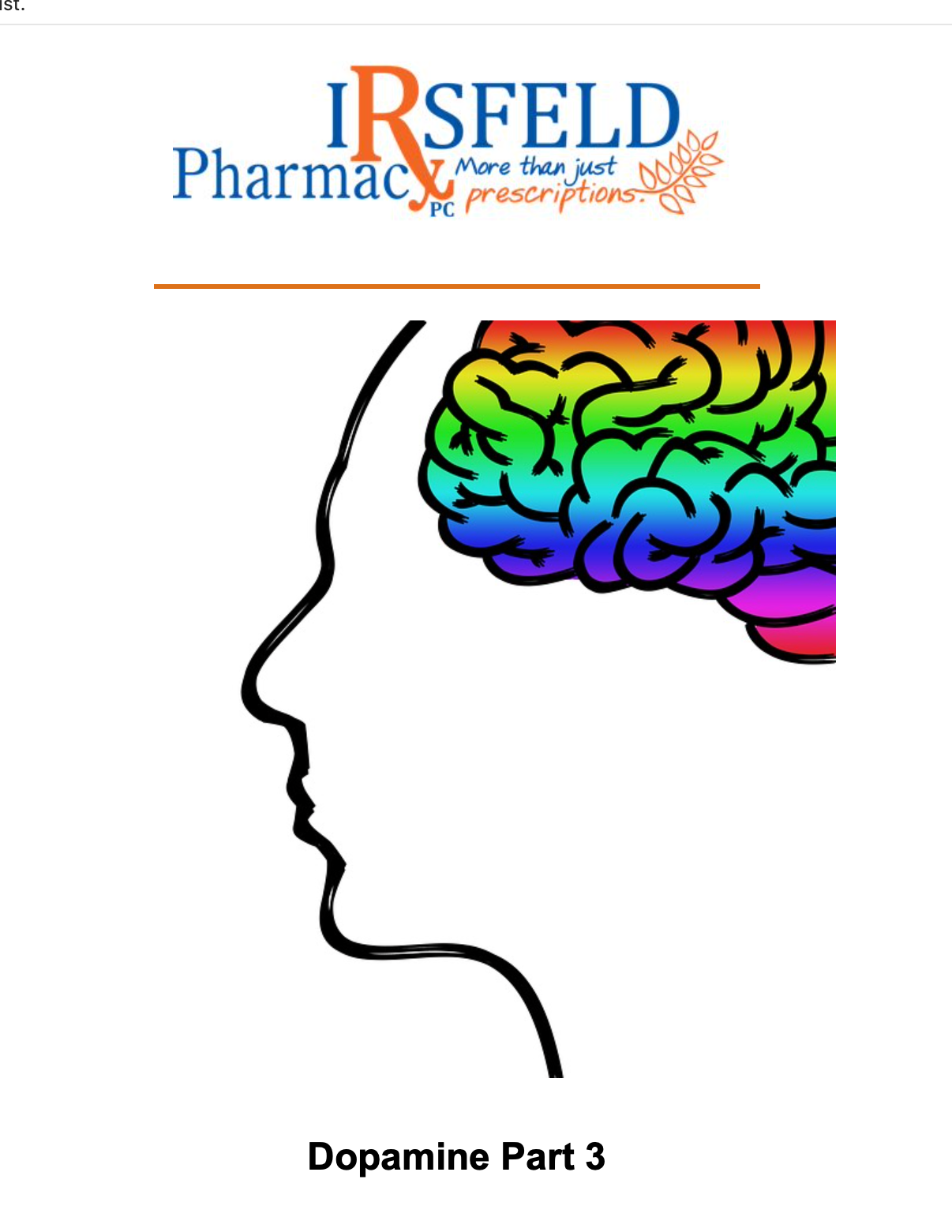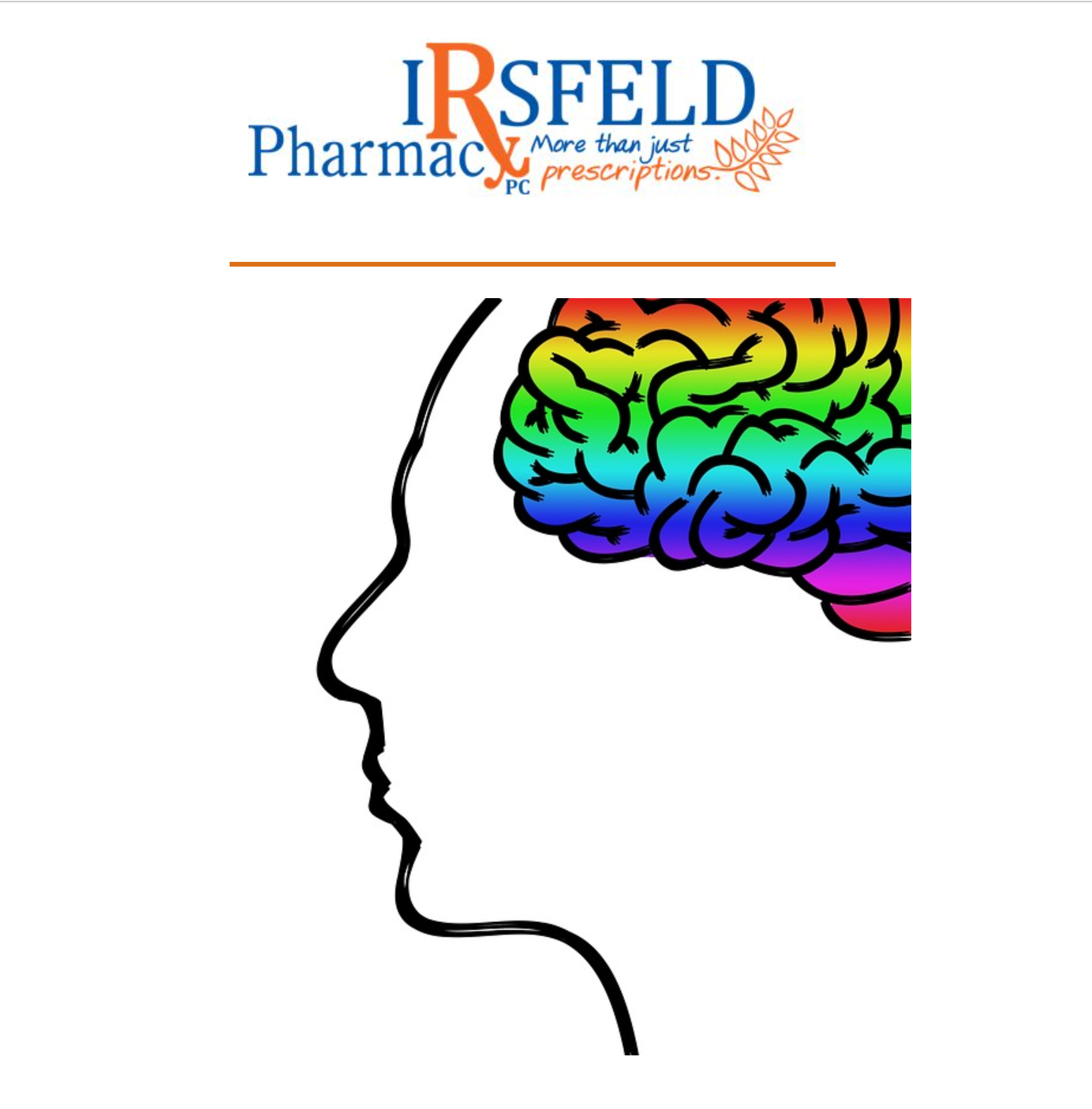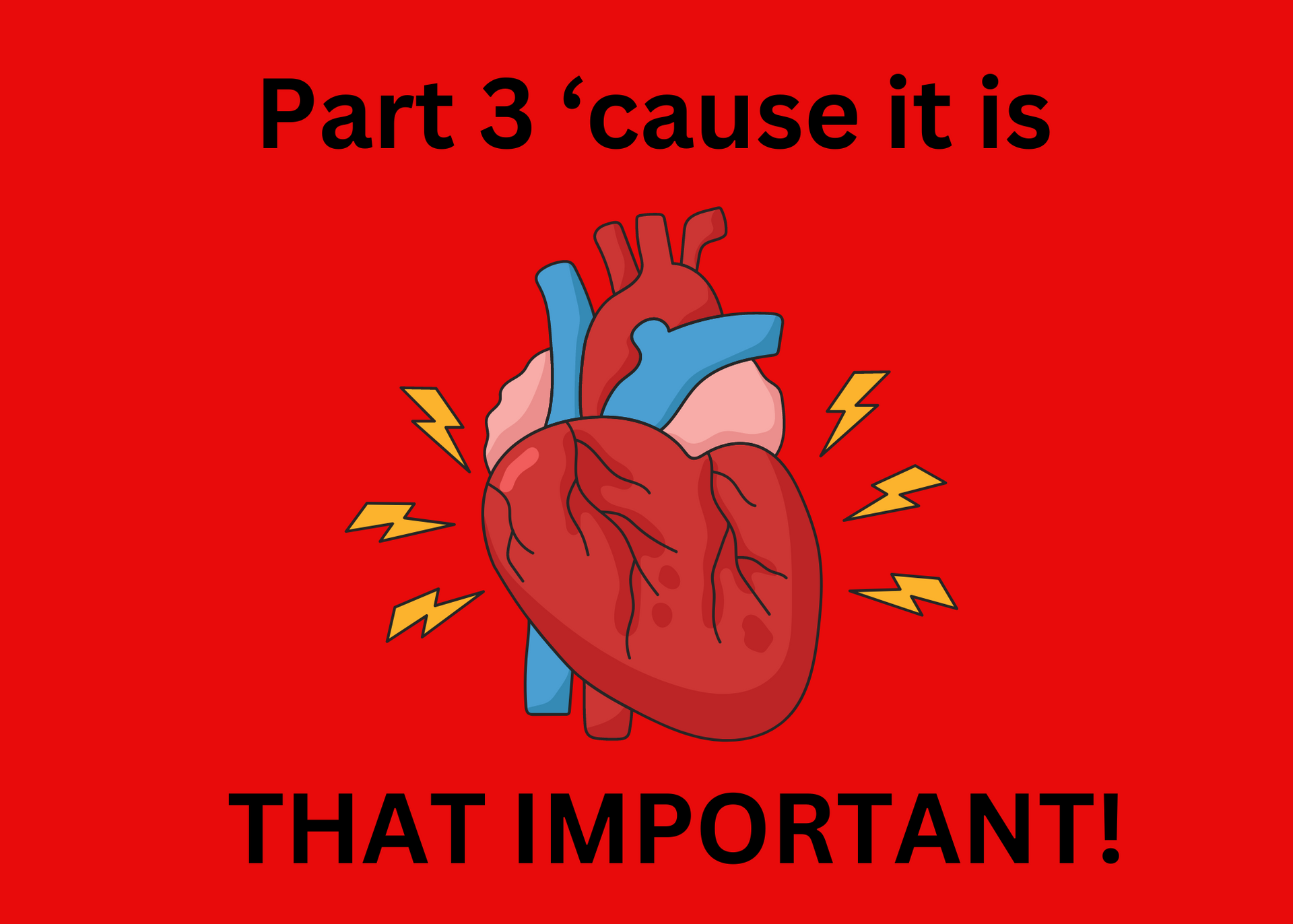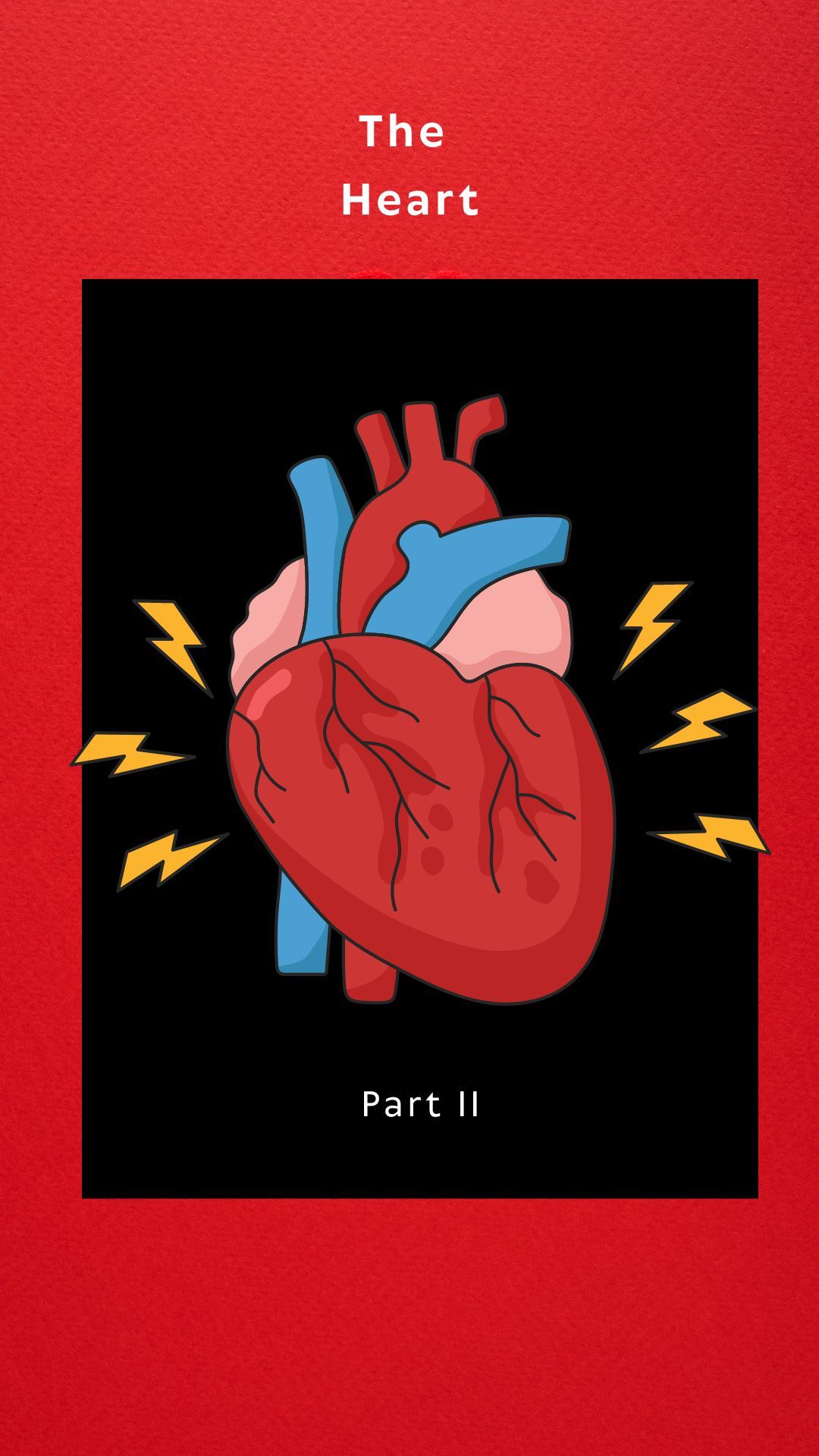This is a topic that I have not addressed formally in an article but one that routinely comes up at the pharmacy in the form of education and questions. I also thought it was a great follow-up to the last article on leaky gut.
Let’s start with the word gluten, it comes from the Latin word glue. Gluten is responsible for the stickiness and pliability of baked goods and is found in grains wheat, barley and rye. If you have ever made strudel, it is quite evident how without gluten, it would be almost impossible to make this delicacy.
Historians believe that 8800 BC was the time when cultures started to harvest grains from wild grasses in Mesopotamia and the Nile River Valley, which is over 10,000 years ago. The growing and harvesting of grains spread throughout Europe and it wasn’t until the 15th century that grains were brought to the new world of North and South America where people began to grow and cultivate them.
The Industrial Revolution of the 18th and 19th centuries made the manufacturing of bread commonplace. What had been available to only a few, had now become available to the masses. Fast forward to the 1930’s when Wonder Bread was made and distributed nationwide.
The daily food pyramid was commissioned by the Department of Agriculture in 1992 and the recommendation at that time was to have 6-11 servings of whole grains every day. Researchers analyzing the incidence of Celiac and gluten sensitivity point to this time as when they began seeing an increase in the occurrence of both of these conditions.
Products made from gluten containing grains are a staple in most homes in the US and really worldwide. Why does it seem like we have so many problems with gluten today?
Dr William Davis published the book Wheat Belly in 2011, in the book it looked at the modification of wheat in the last couple of decades and how the makeup of wheat is not the same as it was prior to this time period. His recommendation was to try a gluten free lifestyle to improve energy and overall health.
Celiac Disease is an auto-immune disease that is caused by gluten literally eating away the small intestine. Even the tiniest amount can lead to debilitating nausea and stomach pain.
A recent study from 2019 has reportedly found gluten in 32 percent of restaurant foods marked gluten-free. The study, published in the American Journal of Gastroenterology , also found gluten in 53.2 percent of pizzas and 50.8 percent of pastas. Gluten can cause severe gastrointestinal issues for those with Celiac Disease can even damage the small intestine. Under a USDA law, manufacturers can label packaged foods with gluten below 20 parts per million gluten-free. The law does not apply to restaurant foods.
For most people, the consumption of gluten is not an issue, but statistically 1 in 7 people in the US have a gluten sensitivity, meaning they have an issue with the protein and the consumption can lead to symptoms.
For me personally, I have tried to adhere to a gluten free diet for the last 8 years, because my wife has followed it to reduce migraine headaches. What I have found is that my joints, specifically my knees, don’t ache like they did when I ate gluten.
The following is potentially the reason for having less pain.
The human body lacks the necessary enzyme to break down gluten. This means that the gluten protein goes through our system and if we have a leaky gut, it can get absorbed into our system and looks foreign to our bodies. We create immunoglobulins (IG) to combat these foreign proteins. These IG’s can attack tissue in our bodies that is similar to the gluten protein, which if left unchecked could be the source of auto-immune disease.
These IG’s hang around our system for a long time. It takes about 3 weeks for us to get rid of them, so if we are eating gluten every day, and we have a sensitivity to it, we may never know what it feels like to have that IG out of our system. This is specifically why we recommend a modified elimination diet for at least 3 to 4 weeks to see if that makes a difference in how you feel. It takes a long time to get rid of the potential IG that might be causing inflammation in your system, making you not feel good.
Alternative options include having a gluten sensitivity test done which measures the IG specific to gluten in your blood. A more specific test would be a genetic test which looks at your genetic makeup to see if you have a sensitivity. This test is done with a cheek swab.
Once you find out gluten is an issue for you, for many, this is when the hard part begins. Compared to 10 years ago, the number of options and labeling of product has come light years from that time and equally important is the awareness of gluten sensitivity in restaurants.
What can you do for your body to help heal it? First you can work on the gut and get that healed through diet and supplements. Having a healthy gut is really the cornerstone to overall good health. In my last article, I mentioned the product Dynamic GI Integrity as a dietary supplement with all the key ingredients to help get your gut right.
The second thing you can do is to carry digestive enzymes that help you digest gluten. These can be taken if you know or suspect you have ingested gluten in foods you have eaten.
My staff and I would be honored to help you out so stop by the pharmacy or call to schedule a consultation for help in fixing your gut issues and dealing with gluten sensitivities .
Until next time, be vigilant about your health!!
VISIT US
HOURS
HOURS
CONTACT US
Fax #: (701) 483-4926












Share On: